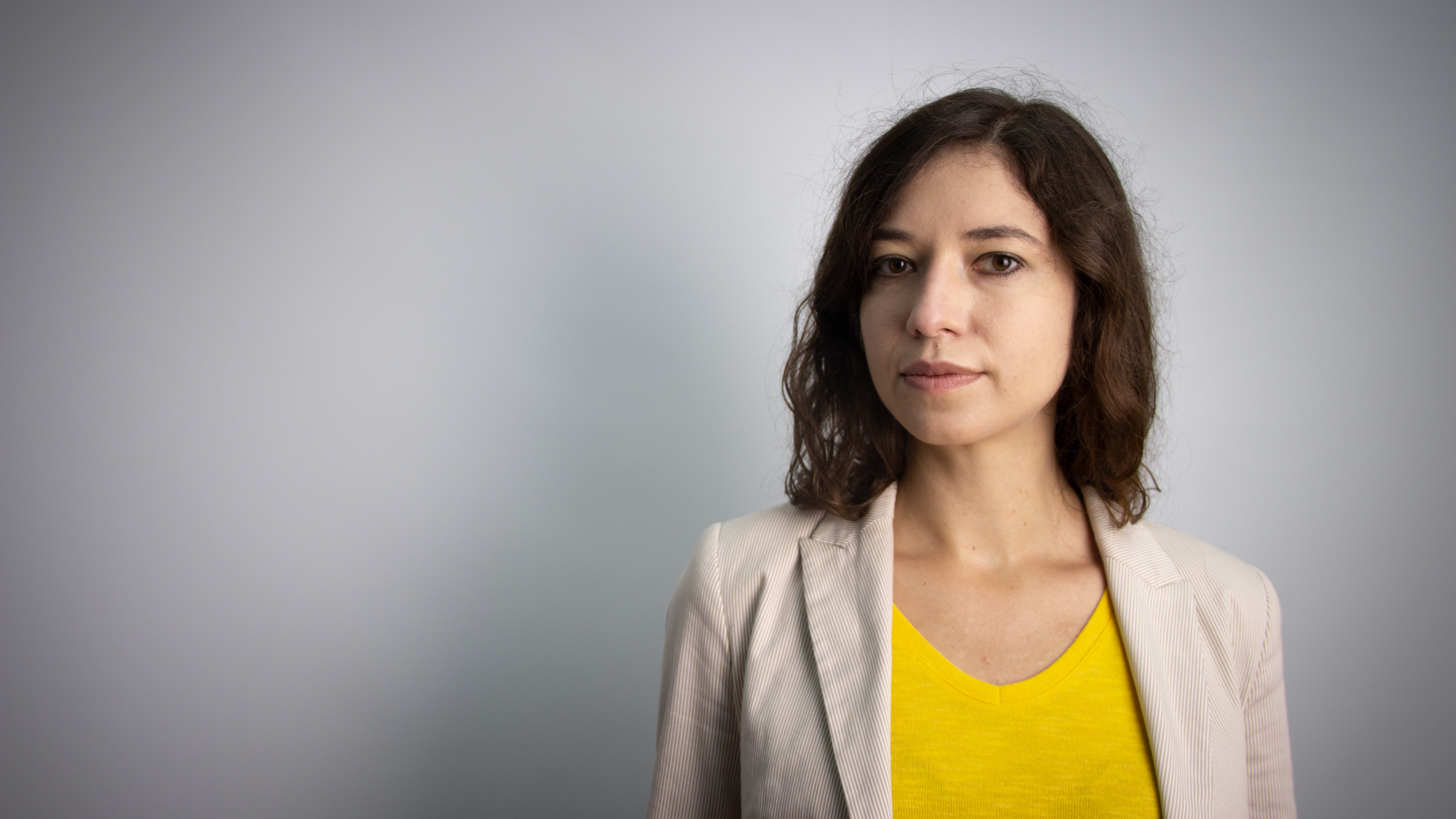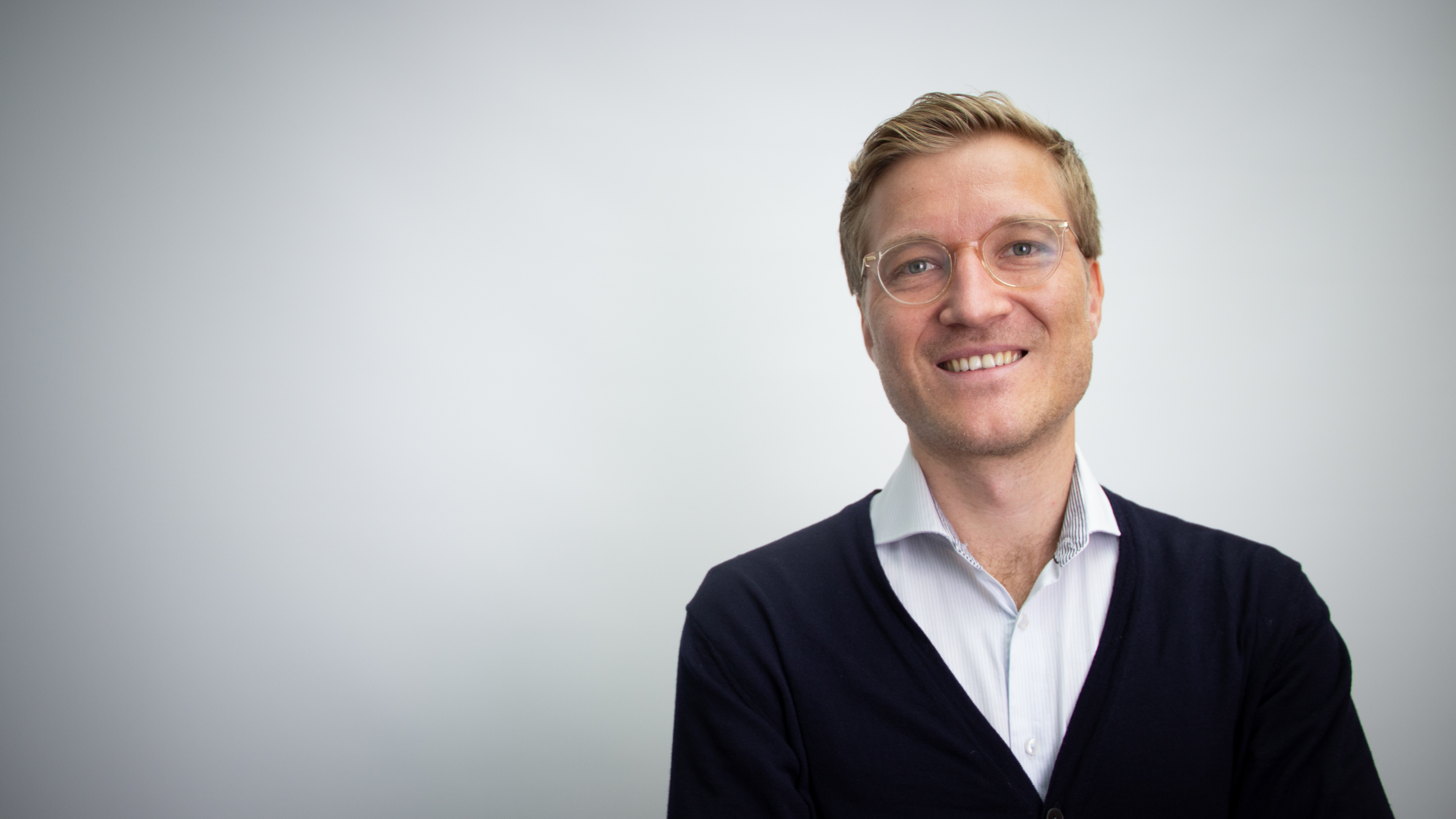In this article, we examine the making of research infrastructures for digital research. In line with many
scholars in this field, we understand research infrastructures as deeply relational and adaptive systems
that are embedded in research practice. Our aim was to identify the relevant context factors, actor constellations, organizational settings, and strategies which contribute to the evolution of a basic service
into an actual infrastructure. To this end, we conducted thirty-three case studies of non-commercial
and commercial research services along the research life cycle. By examining how these services
emerge, we hope to gain a better understanding of the conditions and strategies to transform a service
into an infrastructure. We are able to identify competitive disadvantages for publicly financed infrastructure projects with regard to the mode of implementation and the resources invested in development and marketing. We suggest that the results of this study are of practical relevance, especially for
individuals, communities, and organizations wanting to create research infrastructures, as well as for
funders and policy makers wanting to support innovative and sustainable infrastructures.





